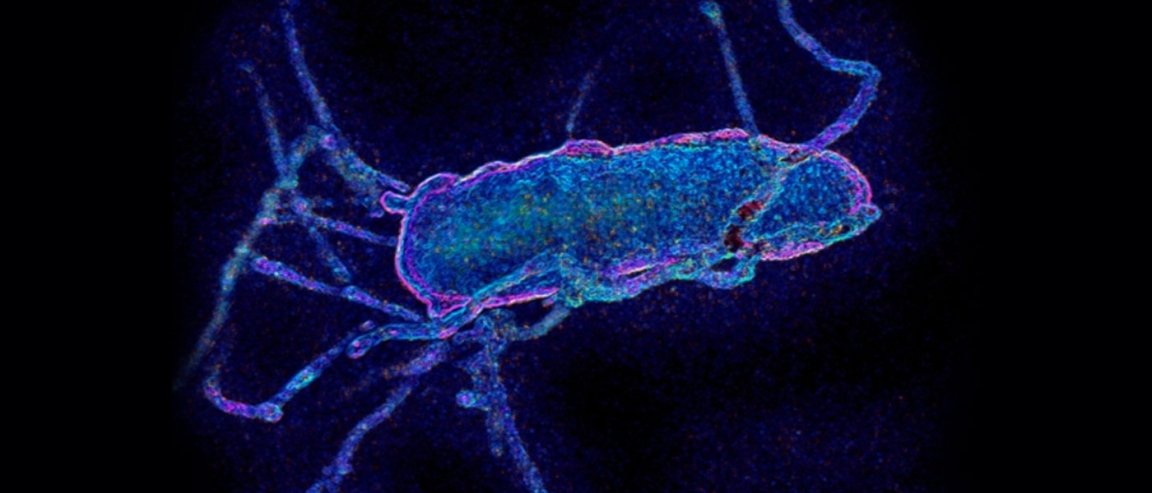
Re-engineering Life
Editing genes and the genetic code of organisms has proven to be particularly controversial, conjuring statements of “playing God” and “interfering with natural processes.” Still, gene editing pushes on, and may have just passed another big milestone.
Scientists led by those in Harvard Medical School have been able to rewire a bacterial genome, repurposing 3.8% of the base pairs of the bacterium Escherichia coli (e. coli).

The study, published in Science, was able to change 7 of 64 genetic codons, which are sequences that are key to making amino acids. The scientist were able to reduce the number of codons to 55, while still coding for the same number of amino acids.
Removing Redundancies
Essentially, what the scientists did was identify seven codons and replace them with synonyms—codons that code for the same amino acids. They had to replace 63% of the 62,214 instances of these seven codons with alternatives. Luckily, most of the amino acid synthesis affected by the changes expressed normally.
The study was essentially an exercise in recoding—repurposing genetic codons to demonstrate traits not normally found in nature. Recoding opens up the possibility of tougher and more robust organisms that could withstand and defeat viral infections.
Any fear of breakout of these prototype organisms is easily assuaged, since they could be coded to have the need for lab-synthesized amino acids, eliminating their viability in the natural world until safety could be 100% assured.
The next step for these sorts of experiments is stitching the recoded genetic segments to become an actual organism. This would test the viability of actual recoded organisms. After that, its on to human gene writing.